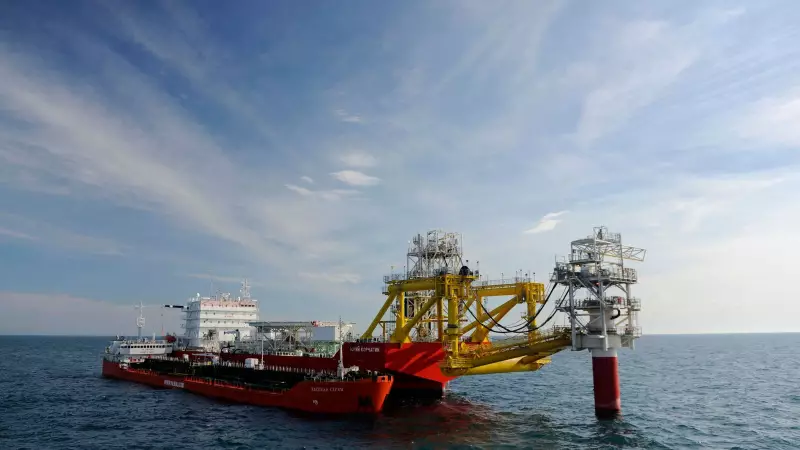
The United States has launched a fresh offensive in the economic war against Russia, this time targeting the very vessels that keep Moscow's oil revenue flowing. The latest sanctions package takes direct aim at Russia's "shadow fleet" of tankers that has been circumventing Western oil price caps.
The move represents a significant escalation in Washington's efforts to cripple Russia's war machine funding. By going after the maritime infrastructure that transports Russian crude, the Biden administration hopes to tighten the economic screws on Vladimir Putin's regime.
What the New Sanctions Actually Target
The sanctions specifically designate vessels and maritime companies involved in evading the $60-per-barrel price cap on Russian oil. This includes tankers that have been using Western insurance and services while transporting oil sold above the permitted price threshold.
According to Treasury Department officials, the action will complicate Russia's ability to use its shadow fleet by creating legal and operational hurdles for these vessels. The sanctions make it illegal for US entities to engage with designated ships and companies, while also freezing any US assets they might hold.
The Shadow Fleet Phenomenon
Since the implementation of Western sanctions, Russia has assembled a considerable fleet of aging tankers that operate outside traditional shipping channels. These vessels often turn off transponders, engage in ship-to-ship transfers, and use obscure insurance providers to avoid detection.
This shadow fleet has been crucial for Moscow to maintain its oil exports—a vital source of revenue that funds its military operations in Ukraine. Despite numerous sanctions, Russia has managed to keep its oil flowing to markets in China, India, and other neutral countries.
Will Economic Pressure Translate to Political Concessions?
The billion-dollar question remains: Can these enhanced sanctions actually force Moscow to negotiate peace? Experts are divided on the effectiveness of economic pressure in compelling political change.
Some analysts argue that previous sanctions have already pushed Russia into a corner, with the country becoming increasingly isolated and dependent on a smaller circle of trading partners. They believe sustained economic pressure could eventually make the war unsustainable for Moscow.
However, skeptics point out that Russia has demonstrated remarkable resilience in adapting to sanctions. The country has developed alternative trade routes, payment systems, and supply chains that have mitigated much of the intended impact.
The Global Oil Market Impact
These new measures come at a delicate time for global energy markets. While intended to punish Moscow, they could potentially tighten global oil supplies and push prices higher—an outcome the Biden administration would prefer to avoid in an election year.
The success of these sanctions will largely depend on international cooperation, particularly from countries like India and China that have become major buyers of discounted Russian crude. Without their compliance, Russia may still find ways to bypass the restrictions.
As the economic battle intensifies, the world watches to see whether financial pressure can achieve what battlefield dynamics have not—a path toward ending Europe's largest conflict since World War II.





